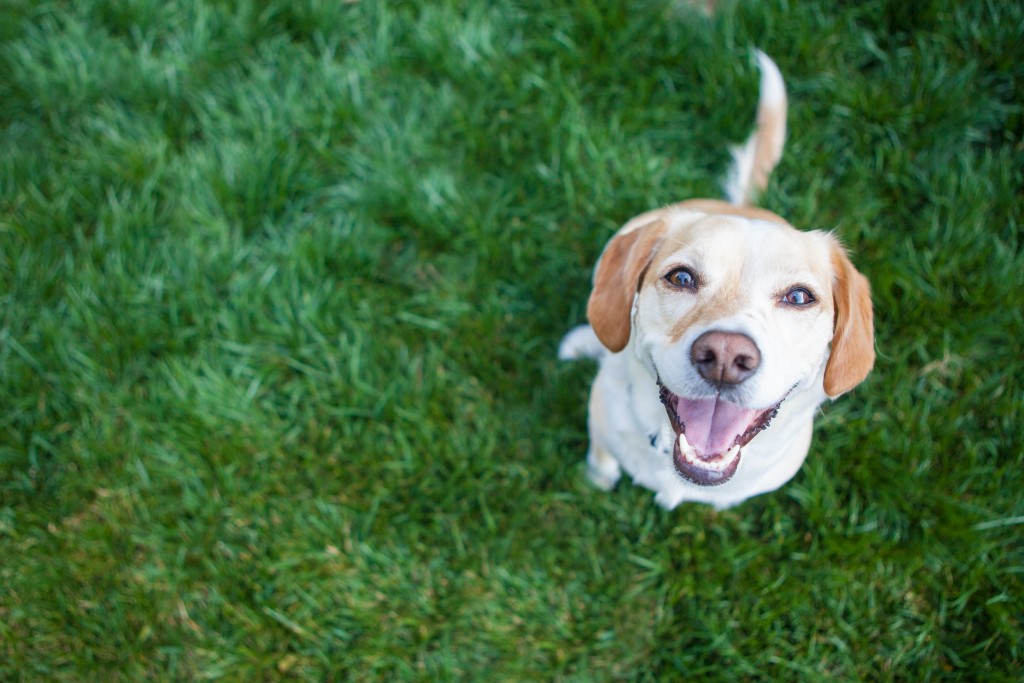Over the course of the COVID-19 pandemic, many households all over the world became pet-owning homes.
In a December 2020 survey involving more or less 2,000 respondents, over 10 percent reported acquiring a new pet. Such a number is a 3 percent increase compared to the 7 percent of respondents who got a new pet during May 2020.
People are turning into pets for comfort in response to social isolation. Nonetheless, many are also concerned about animal welfare, especially during this pandemic.
Like having a baby, adopting, fostering, or buying a pet means dealing with some changes in the house as you have a new family member. Aside from putting in indoor measures to ensure their health and safety, you also need to mind your outdoor space.
Most pets are social animals and would love to play outside, whatever the weather might be. As summer approaches, so too would your pets love to enjoy the warmth of the sun.
Thus, here are some paw-approved pointers on how to make your garden pet-friendly.
1. Think About Their Safety
The first thing you need to consider if you plan on getting a pet, or if you already have one, is their safety while enjoying your garden.
For one, you need to do your homework and research on plants that are potentially toxic to your beloved furry friend. You need to remove or plant them in another area of your garden where they have no access.
Ideally, plants with soft foliage are preferred. Try to avoid anything that is spiky or thorny as it may cause injury. Snapdragons, African daisies, and most herbs are deemed safe around pets.
Secondly, when you are growing vegetables, opt for organic fertilizers and pesticides. Though most products such as foliar fertilizer for soybeans are harmless to humans, they might harm your pets. Thus, if you need to apply such a fertilizer, it is best to make your vegetable garden area off-limits to pets.
Lastly, consider restricting unsafe areas of your outdoor space like tool sheds and swimming pools. Opt to install gated fences or plant around undesirable plants to prevent pets from accessing those areas.
2. Pet-friendly Plants
Just because it is a “human” garden does not mean your pets do not get to enjoy nibbling on some of the plants. Here are some suggested plants and flowers which your pets will surely love while playing around:
Green leafy vegetables and carrots are food items that rabbits generally enjoy. Make sure you have an abundant supply of those if you have rabbits as pets.
If you have a dog, growing peppermint in your yard helps a lot. Dogs and cats typically “nurse” themselves to health by nibbling on particular plants. For instance, dogs like to bite on peppermint to heal themselves from indigestion or nausea.
As for cats, though they are strictly carnivores, they enjoy the scents of thyme and catnip. It is said these plants give them a sense of temporary euphoria.

3. Garden Tips for Dog Owners
Dogs are one of the crowd’s favorite pets. They are incredibly friendly, social, and obedient. With proper training, you can ensure your puppy would not cause too much mischief in your garden. Here are few things though you can implement to keep your dog in check:
- Designate a garden zone for your dogs where they can play. Create dig spots, a shelter, and throw in some toys. To make them stay in place, take time to train them not to run through borders.
- Designate a toilet space for your dogs where they can urinate. You can encourage this good behavior by rewarding them when they use it. When dogs urinate anywhere in your lawn, it can cause brown patches.
4. Garden Tips for Cat Owners
Cats love to play, hunt, and climb around. Create an exciting space in your garden while at the same time preventing them from roaming too far into restricted or even dangerous areas.
- Generally, cats are private when it comes to their toilet habits. But you need to be mindful that this does not happen on your vegetable plots or borders. You can do this by training them to use a designated toilet spot.
- Since cats love to sharpen their claws, build a play space using old fences and unwanted logs as scratch posts. Provide plenty of shaded areas so your cats can take shelter from any elements.
5. Garden Tips for Rabbit & Guinea Pig Owners
Usually, guinea pigs and rabbits live in a cage. However, you should also give them a chance to run around in larger areas such as your garden.
These are some things you can do to make sure they stay happy and safe while playing:
- Prevent your pets from getting lost by covering any holes in your fencing or gate. Also, it is better to supervise them while they explore the garden.
- Since smaller pets are generally not predatory, they tend to hide in sheltered areas. Ensure your garden space has many of those to prevent your tiny pets from digging too many holes. Create a fun tunnel as well by reusing some old plastic pipes.
With these tips, not only do you have a beautiful garden, but you also ensure your beloved animals stay safe and protected.

